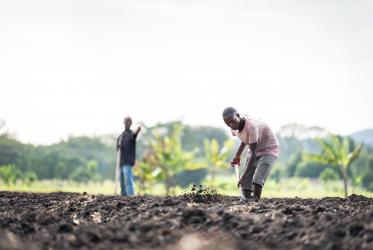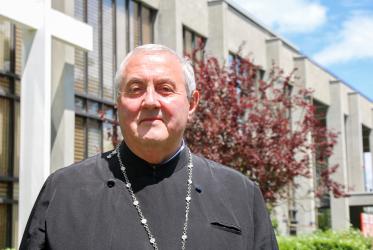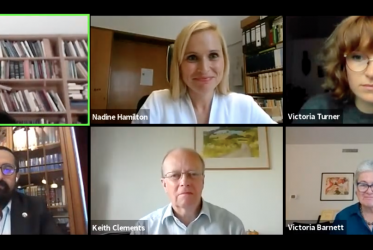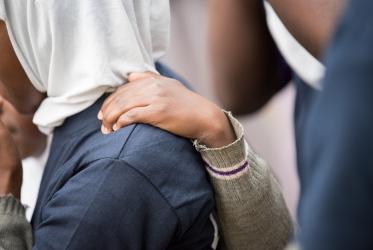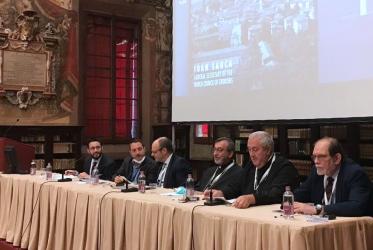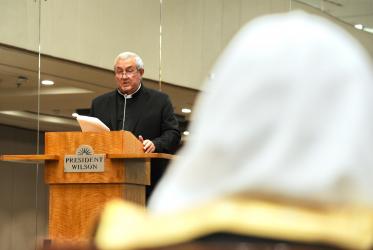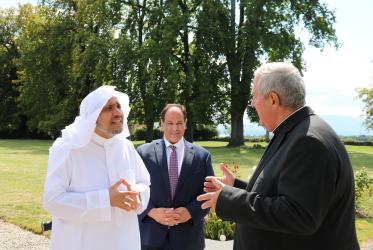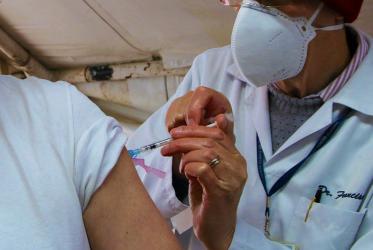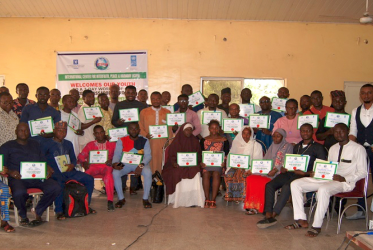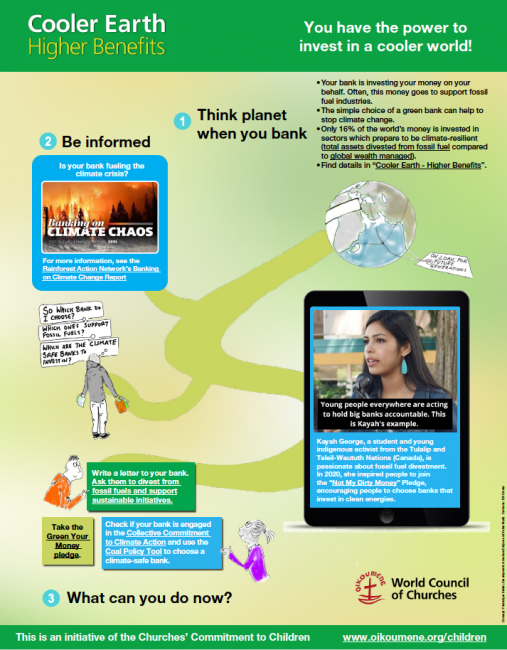Displaying 161 - 180 of 790
Dr Abuom reflects on women of faith as healers of creation
05 October 2021
Scottish and UK religious leaders call for urgent climate action
20 September 2021
Walk the Talk
A Toolkit to Accompany the "Roadmap for Congregations, Communities and Churches for an Economy of Life and Ecological Justice"
31 August 2021
Ecumenical International Youth Day 2021 Event Toolkit
Young People and Climate Justice
06 August 2021
Cooler Earth Higher Benefits: Poster
Actions by those who care about children, climate and finance.
16 July 2021
